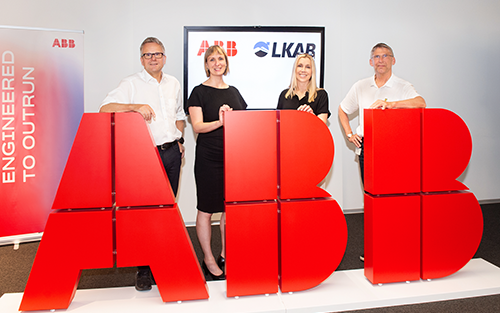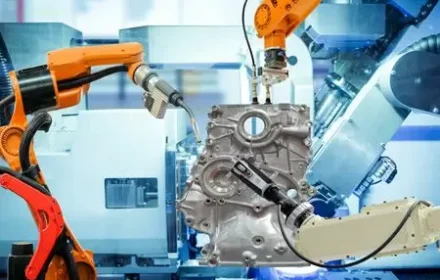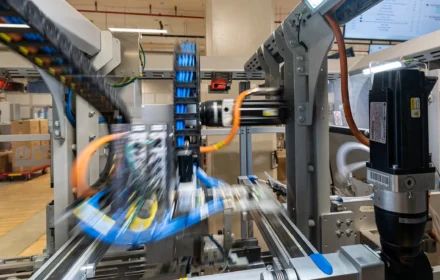
ABB and LKAB Partnership: Revolutionizing Mining Automation Technology
ABB recently formed a strategic technology partnership with Swedish mining leader LKAB. This collaboration focuses on transforming mining operations through advanced automation solutions. The agreement establishes a framework for developing next-generation industrial automation technologies.
Strategic Partnership Objectives
This partnership targets major transformations in mining operations. Both companies will collaborate on automation, electrification, and digitalization projects. They aim to create safer and more sustainable mining processes. According to MarketsandMarkets, the mining automation market will reach $5.2 billion by 2028.
Key Technology Focus Areas
The collaboration will develop solutions across multiple technology domains:
- Advanced Control Systems: Implementing PLC and DCS for process optimization
- Energy Management: Developing smart power distribution and storage systems
- Electric Vehicle Infrastructure: Creating BEV charging and battery management
- Robotic Automation: Designing automated blast charging systems
Industrial Automation Applications
This partnership will significantly impact mining automation practices. The technologies will enhance safety through automated operations. They will improve efficiency using advanced control systems. Furthermore, they will reduce environmental impact through electrification solutions.
Leadership and Strategic Direction
Senior executives from both companies will guide the collaboration. The steering group includes LKAB CEO Jan Moström and ABB’s Process Automation President Peter Terwiesch. This high-level involvement ensures strong commitment to technological innovation.
Industry Research and Validation
ABB’s recent research reveals compelling industry trends. Seventy-seven percent of mining leaders consider automation vital for sustainability. They rely on technology partners like ABB for customized industrial automation solutions. This validates the partnership’s strategic direction.
Technical Implementation Framework
The collaboration will follow a structured implementation approach:
- Technology development and testing in real mining environments
- Pilot projects for validation and performance measurement
- Large-scale deployment across LKAB’s mining operations
- Knowledge transfer and industry benchmarking
Expert Analysis: Industry Implications
World of PLC analysts recognize this partnership’s significance. “This collaboration sets new standards for mining automation,” notes our technical team. “The integration of ABB’s control systems expertise with LKAB’s operational experience creates powerful synergies.”
Practical Applications for Automation Engineers
Industrial automation professionals should monitor these developments. The partnership will generate valuable insights for:
- PLC programming for harsh environment applications
- DCS implementation in distributed mining operations
- Integration of robotic systems with existing control infrastructure
- Energy management through automated monitoring systems
Future Outlook and Industry Impact
This partnership represents a major step toward fully automated mines. The technologies developed could become industry standards. They may influence automation practices beyond mining into other process industries.
For detailed analysis of industrial automation systems and their applications, visit World of PLC for comprehensive technical resources.
Frequently Asked Questions
How will this partnership benefit other industries beyond mining?
The automation technologies developed could apply to any process industry requiring robust control systems and energy management solutions.
What role will PLC and DCS systems play in this initiative?
These control systems will form the foundation for automating critical mining processes and ensuring operational reliability.
How quickly will these technologies become available to other companies?
Successful implementations at LKAB will likely lead to commercial offerings within 2-3 years, following validation and refinement.







